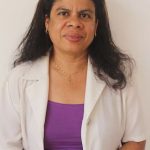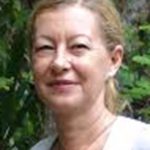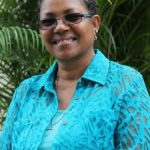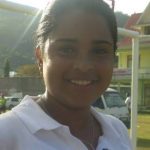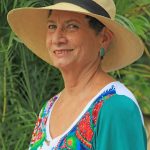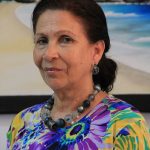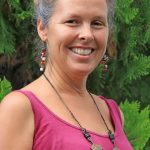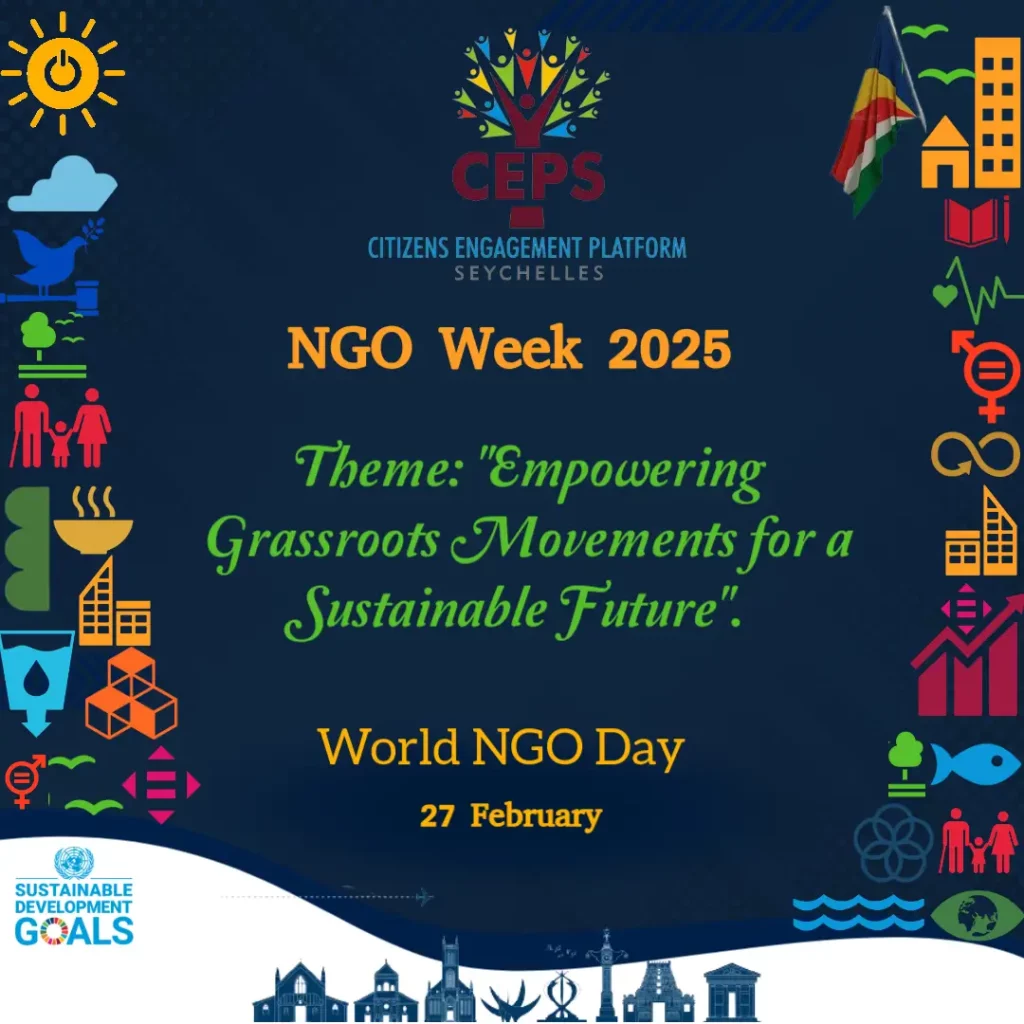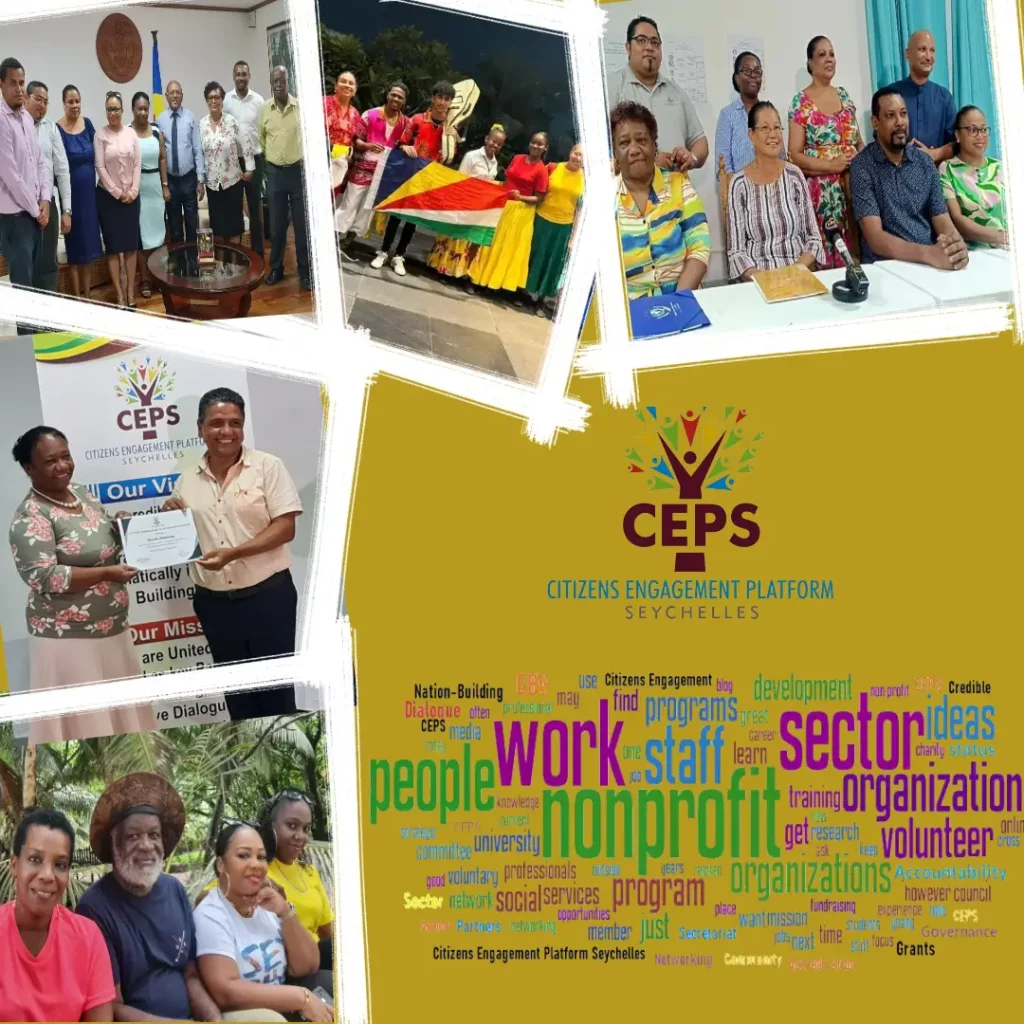8th March 2015
TODAY in Seychelles pays tribute on this International Women’s Day to seven women who, though their active involvement with non-governmental organisations (NGOs), are influencing and shaping the country and its development for the better.
All around the world, International Women’s Day is celebrated on March 8 and it is a time to reflect on progress made, to call for change and to celebrate acts of courage and determination by ordinary women who have played an extraordinary role in the history of their countries and communities.
This year’s theme, “Empowering Women – Empowering Humanity: Picture It!” envisions a world where each woman and girl can exercise her choices, such as participating in politics, getting an education, having an income, and living in societies free from violence and discrimination. This is precisely what TODAY hopes to achieve in this International Women’s Day special edition.
Dr. Anne Gabriel, Chief Executive Officer of National AIDS Council of Seychelles
“More than a woman, I am a doctor”
Dr Anne Gabriel plays a pivotal role in combatting the spread of HIV and AIDS. Currently the CEO of the National Aids Council, she became the AIDS programme manager in 2000 before taking over as the director in-charge of non-communicable diseases and health promotion at the ministry of Health. In 2008, she took over as the director general of public health and from 2009 to 2014 as chief medical officer.
The National Aids Council promotes, co-ordinates, monitors and evaluates policies and strategies with regard to HIV and AIDS.
“We encourage the provision of facilities to treat and care for persons infected and their dependants. It is a big challenge, especially working with stakeholders and HIV/AIDS patients. As a team, we are making a change in the lives of people who are affected and this will change their quality of living for themselves and society,” Dr Gabriel says.
“More than a woman, I am a doctor so my gender does not make much of a difference. My everyday life is dedicated to serving the community. Yes, sometimes being a woman does help but not necessarily,” concludes Dr. Gabriel.
Noella Gontier, director of CARE
“It gives us hope every time we save a child”
In 1993, Noella Gontier who was a member of the sub-committee on preventing drug and alcohol abuse in Seychelles realised that there was no organisation involved fulltime in the prevention of these abuses. She felt there was an imminent need for such an organisation, a sentiment shared by the then First Lady, Sarah René, who used her influence to make prevention part of the fight against drug abuse. CARE was born in 1995 and Ms. Gontier joined the organisation in May 2014 even though she was a founding member and had previously served as its vice chairperson.
“CARE is a substance abuse prevention organisation with a mission to help children become resilient against illegal substance use”, Noella Gontier explains. What she does gives her a sense of satisfaction that “responds to my purpose in life”, despite the “toughness and myriad challenges that the work poses”. “It is painful to see that we cannot help every child. We wish we could because every child lost to this evil scourge is one too many. But seeing the many who make it gives us all hope”, she says.
Lucianne Sofola, chairperson of Light Amidst My Path (LAMP)
“Our primary focus is on young boys and girls”
It all started when Lucianne Sofola was a member of Friends of Prison (NGO), which gave her a chance to visit the prisoners and interact with them. “Seeing a good portion of our youths, our workforce, behind bars gave me that drive to create an NGO to help curb juvenile delinquency,” she says.
Ms. Sofola has been with LAMP for the past four years. “Our primary focus is on young boys and girls between the ages of 11 and 21 years with anti-social behaviour and the main aim is to provide new opportunities to help them reshape their lives through social empowerment, education, care and guidance,” she says.
Ms. Sofola explains that in the past the policies were reactive and punitive. “Using hard-line punishment does not make them any better, especially after life with adult inmates. At least, now they are trying to reduce such behaviour by trying other means like teaching and helping youth to develop better coping strategies that keep them positively connected to their families, schools, and communities.”
Ms. Sofola believes that the past four years, she and her team has made a big difference in the lives of young boys and girls. “It gives me great joy when I am able to tap the right side of the lamp to bring out the genie. Every human being is born with their genius within, no matter where they come from. If we recognise this, then they will surely shine,” she concludes.
Cecile Hodoul, President of the Soroptimist Club of Victoria
“Striving to help women and girls to live their dreams”
20 years ago, a young dynamic Seychellois, Vicki Lanza was introduced to Soroptimism by two British Airways colleagues. Vicki was impressed with the good work that the ladies were doing and she shared the idea with a group of professional women. Thus Soroptimist Club of Victoria was established in 1994.
The current President says that the organisation “strives to help women and girls to live their dreams. It is true that both men and women live in poverty, face discrimination and must overcome obstacles. But throughout history, women and girls have faced additional obstacles and discrimination solely because of their gender,” she says.
“As Soroptimists, we strive to educate and inspire action within our communities, to transform the lives of women and girls whilst destroying the scourge of violence. This work is very gratifying when you see the smiling faces of the children. As an individual I cannot do much but in a club each person brings their contribution and makes the work lighter and easier,” explains Mrs. Hodoul. Being a woman, she says, enables her to work better with women and girls as they feel that another woman will understand them better.
Tessa Henderson, Communications & Membership Manager of Citizens Engagement Platform Seychelles (CEPS)
“Communication is the best way to reach people”
A trained journalist and radio producer, Tessa Henderson, explains that her objective as part of CEPS is to “to strengthen the capacity and ability for civil society organisations to participate in national and international development, facilitate collaboration and partnership between CSO with national and international partners, act as a representative of civil society organisations, engage in decision making, policy formulation and law making, actively promote the civil society as a strong pillar in national and international development”.
Her job, Ms Henderson says is exciting and challenging. “I get to work with all organisations accredited with CEPS”, she notes. Ms. Henderson joined CEPS, which is just four months old (it emanated from LUNGOS last November) because for her, “communication is the best way to reach people”. “CEPS regroups organisations registered in Seychelles and as a platform we support people to take positive action. We provide services that really work for the people who use them, and speak up for those who would otherwise be voiceless.”
“In the context of Seychelles, I do not feel that a woman’s voice goes further just because of the fact that she is a woman. It is the point you make and the strength of your argument that makes a difference – and how loud you are prepared to be about it,” concludes Ms. Henderson.
Kerstin Henri, director of Nature Seychelles
“It’s a noble feeling saving a species from extinction”
Kerstin Henri has been with Nature Seychelles for 16 years. For two decades, she has been actively involved in conservation. A leading environmental organisation in the Western Indian Ocean, which was born in 1998, Nature Seychelles is the largest and oldest environmental NGO in Seychelles. “I couldn’t imagine a better place to work”, says Ms Henri. “It’s the noblest feeling to work on saving a species from extinction.”
Nature Seychelles manages the world famous Cousin Island Special Reserve, one of the oldest marine protected areas in Seychelles. Ms Henri has also been the German Consul in Seychelles for the past eight years. “It was great during the football World Cup to see a lot of Seychellois supporting Germany,” she says. But most importantly, Kerstin Henri says that she has not yet encountered a situation in Seychelles where her gender has affected what she could or could not do.
.
Dr. Michele Martin, executive director of Sustainability for Seychelles (S4S)
“We all need to work together!”
As a child, Dr. Michele Martin was always interested in nature and environmental issues. She grew up in Canada but in 1993 she moved to Seychelles to work as the environmental education coordinator at the ministry of Education. She had the idea of finding a path towards sustainability when she was working on her PhD and in 2007 S4S was established.
Initially, S4S was a volunteer organisation but gradually grew into an NGO. When we think of sustainability, we think of the environment, society and the economy all being sustainable. We are making an impact and we see that many other organisations including hotels and other businesses are interested in partnering with us to further promote sustainability in their organisations and work,” says Dr. Martin.
Dr. Martin says her work is “very exciting and rewarding” because it is always evolving. “I’m happy that I am a woman! I’ve always felt free and able to pursue whatever path I have wanted in life – perhaps due to my upbringing. Maybe women are also freer to embrace a career in the NGO sector based not on a profit making premise, but rather a premise to help society in some way. But there are many men out there helping people too. We all need to work together!” she concluded.

